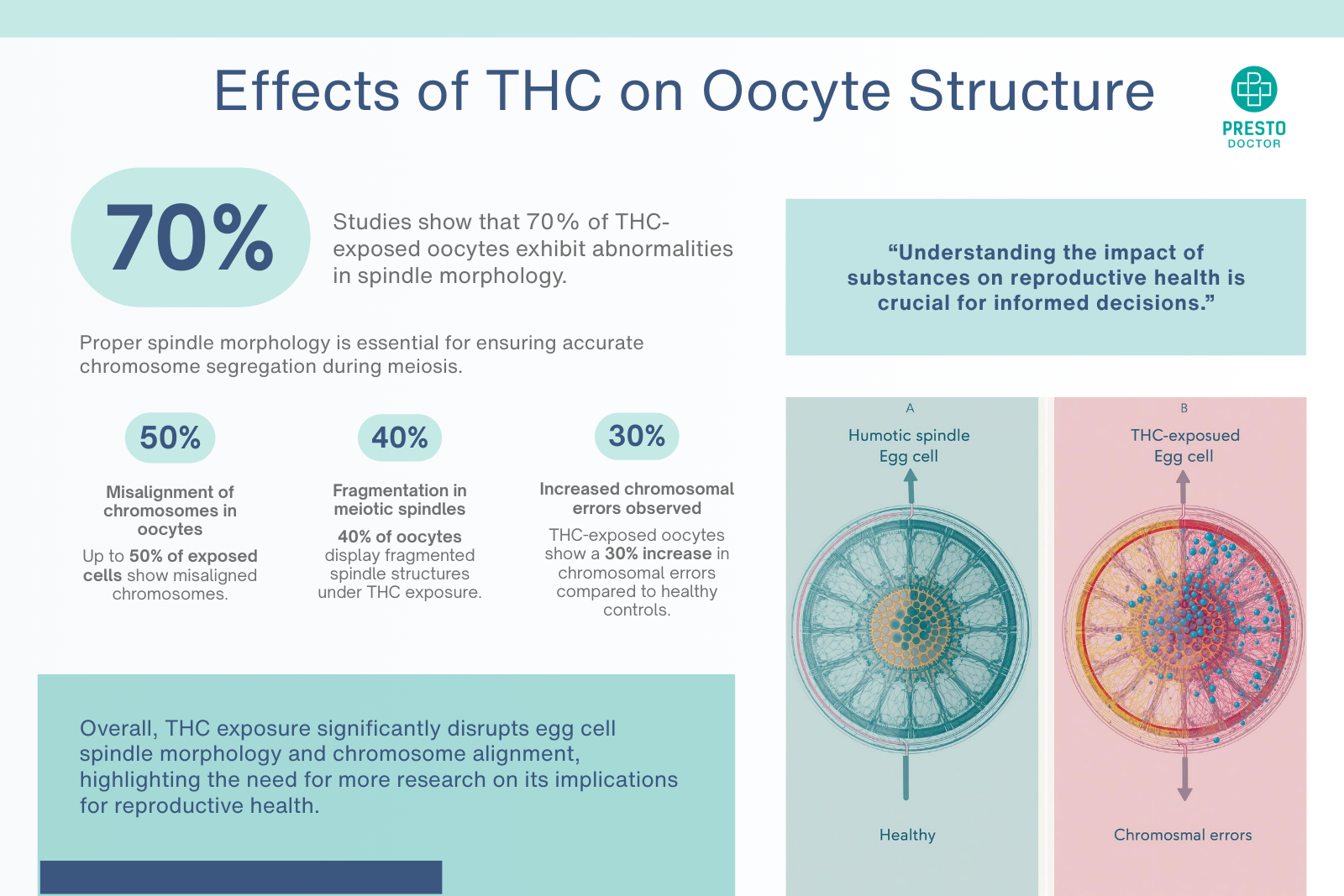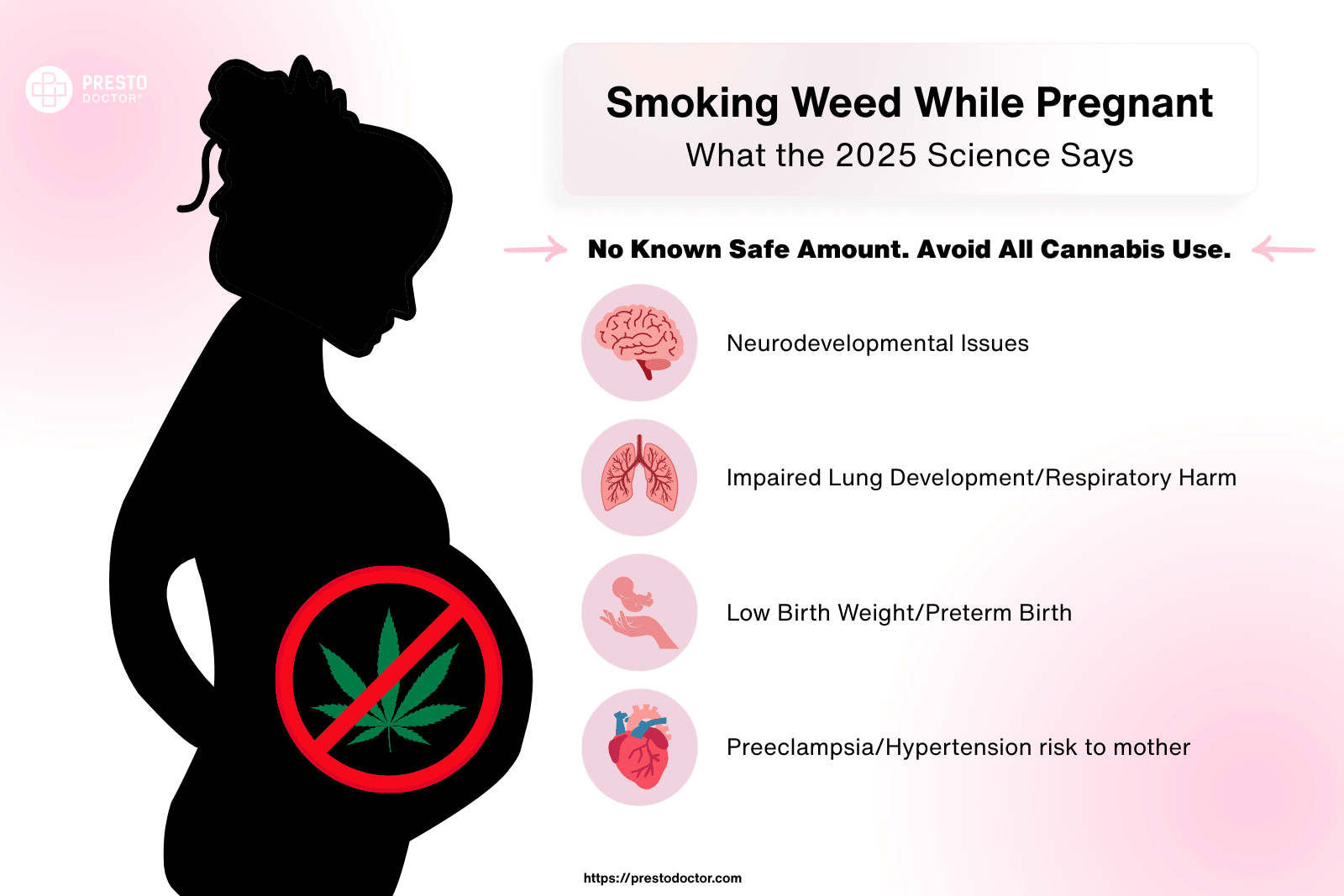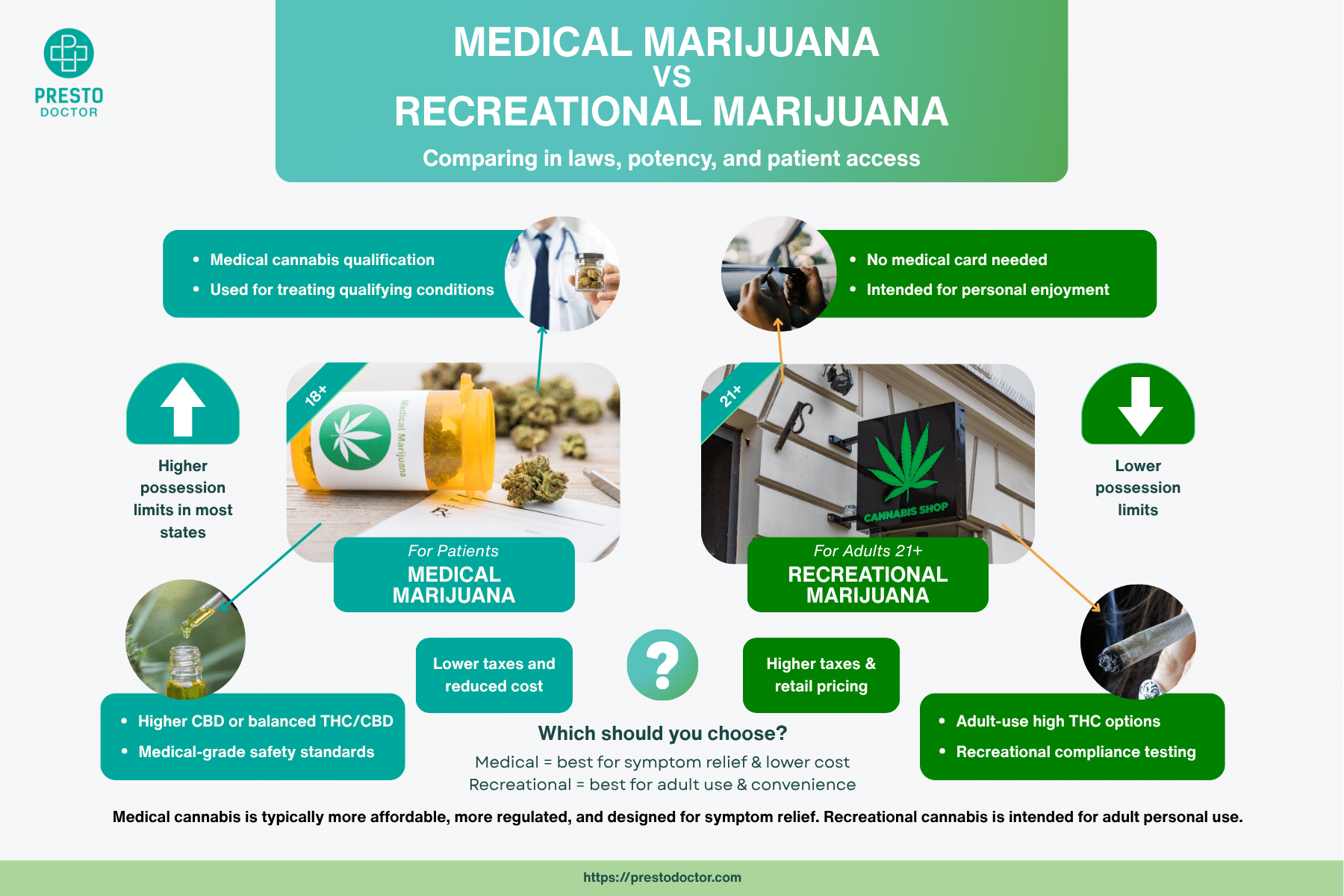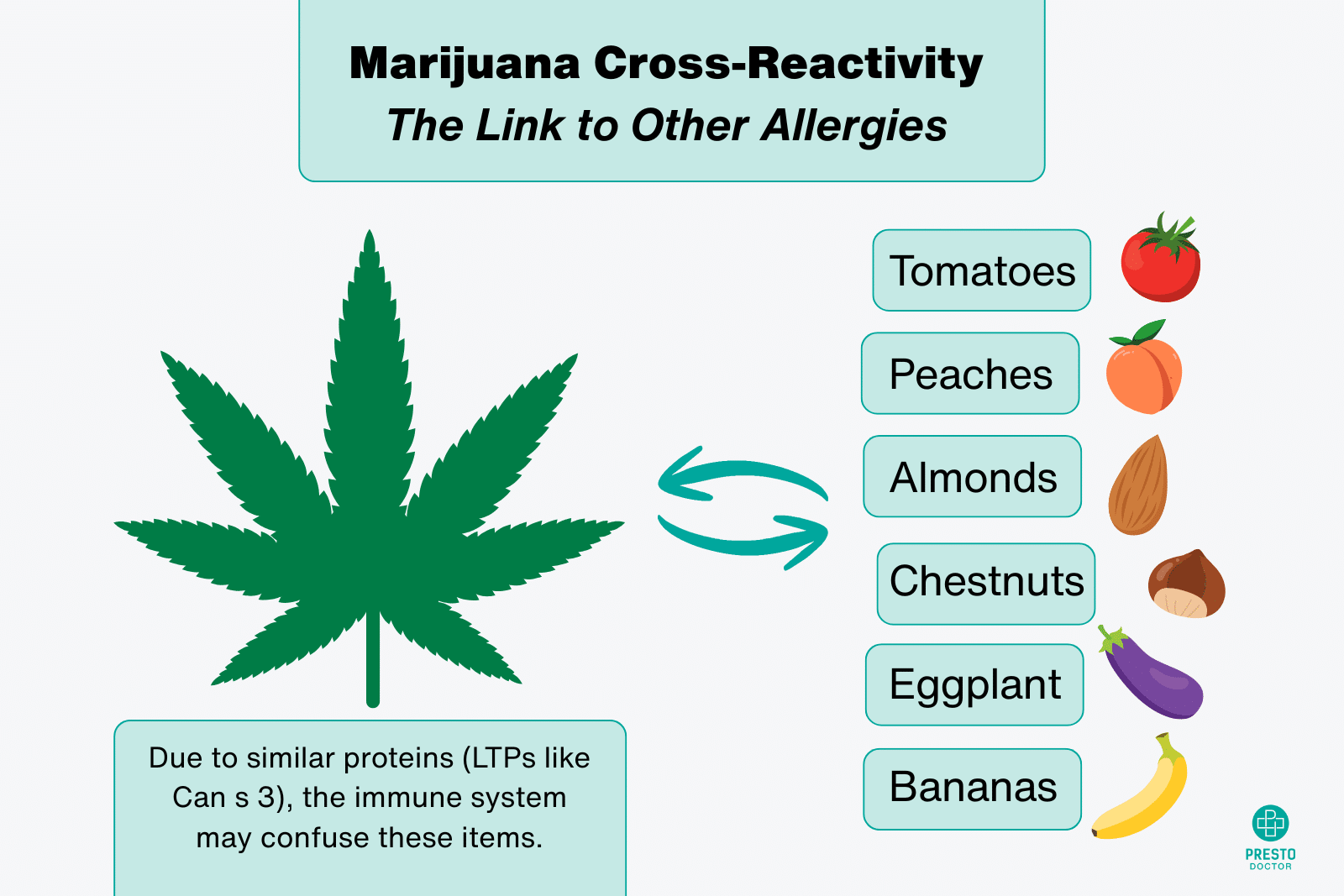
Understanding THC and Anesthesia Interaction
The interaction between THC and anesthesia is a growing area of investigation. Studies, such as those published in the Journal of Clinical Anesthesia, suggest that THC can influence anesthesia effectiveness. Researchers have indicated that cannabis users may require higher doses of anesthetics. This could potentially alter surgical outcomes and recovery times (Smith et al., 2020). It is best to advise your doctor before having surgery if you use cannabis.
Does THC in Cannabis Impact Anesthesia Effects?
Several scientific studies suggest that THC affects anesthesia. Research indicates that cannabis users often need higher doses of anesthetics. This was noted in a study published in the Journal of Clinical Anesthesia (Smith et al., 2020). The interaction between THC and anesthesia could impact the efficacy and required dosage during surgical procedures.
THC’s Potential Effects on Surgery and Anesthesia
THC can alter how anesthetics work. Studies, like those in the Journal of Clinical Anesthesia, show higher doses of anesthesia are required for cannabis users (Smith et al., 2020). These findings underscore the importance of communicating cannabis use to healthcare providers before undergoing surgery. Proper dosage and care can then be effectively managed.
Medical Studies on Cannabis and Surgery
Scientific research has delved into THC’s impact on anesthesia. The Journal of Clinical Anesthesia reported that regular cannabis users may require increased anesthetic doses (Smith et al., 2020). Additionally, a study in the British Journal of Anesthesia highlighted potential complications during surgery associated with high THC levels (Johnson et al., 2019). These findings emphasize the need for disclosure of cannabis use pre-surgery.
Medical Professionals’ Perspectives on Cannabis Use Before Surgery
Many medical professionals express concern over cannabis use before surgery. A study in the Journal of Clinical Anesthesia indicates that THC can interfere with anesthetic drugs (Smith et al., 2020). Similarly, the British Journal of Anesthesia highlights potential complications, emphasizing the need for patients to disclose cannabis use prior to undergoing procedures (Johnson et al., 2019).
Risks and Considerations
Cannabis use before surgery poses several risks:
- Heart Rate and Blood Pressure: THC can alter heart rate and blood pressure, complicating anesthesia management.
- Increased Anesthetic Needs: Regular cannabis users may require higher doses of anesthetics, as indicated by a study from the Journal of Clinical Anesthesia (Smith et al., 2020).
- Potential Complications: Discussing THC use with your anesthesiologist is crucial to minimize potential complications and ensure patient safety.
Potential Risks of Using Cannabis Before Surgery
Consuming cannabis before surgery can lead to complications:
- Cardiovascular Effects: THC affects heart rate and blood pressure, potentially disrupting anesthesia (Smith et al., 2020, Journal of Clinical Anesthesia).
- Bleeding Risk and Wound Healing: Increased bleeding risk and delayed wound healing have been noted (Brown et al., 2018, Surgical Science). Clear communication with healthcare providers is essential.
Discussing THC Usage with Your Anesthesiologist
Patients should openly discuss their cannabis use with their anesthesiologist. According to a study in the Journal of Clinical Anesthesia (Smith et al., 2020), THC can alter anesthesia effects. Honesty helps tailor anesthesia plans and ensures safety. Medical professionals rely on accurate information to prevent complications during surgery (Brown et al., 2018, Surgical Science).
Anesthesia Process and THC Presence
Anesthesia’s efficacy can alter with THC presence. According to the British Journal of Anaesthesia, THC may lengthen or intensify anesthesia (Jones et al., 2019). Patients using cannabis might require adjusted doses. Harvard Health reports anesthesiologists must monitor THC levels closely to ensure balanced sedation and avoid complications (Harvard Health Publishing, 2020).
How Anesthesia Works in the Presence of THC
THC can alter the metabolism of anesthetic drugs. The British Journal of Anaesthesia states that THC may increase the duration and depth of anesthesia (Jones et al., 2019). THC affects liver enzymes, which process anesthetics, leading to unpredictable responses. Close monitoring is necessary to adjust dosages and ensure patient safety during surgery.
Monitoring THC Levels During Surgery
During surgery, medical professionals monitor THC levels to ensure patient safety. According to a study in the Journal of Clinical Anesthesia (Smith et al., 2020), high THC levels can complicate anesthesia management. Advanced blood tests help gauge THC concentration, allowing anesthesiologists to adjust medication doses accurately. This monitoring minimizes risks associated with cannabis use before surgery.
Patient Experiences and Case Studies
Various patient experiences illustrate the effects of THC on anesthesia. In a 2018 study published in the American Journal of Surgery, patients using cannabis required higher doses of anesthetics. These findings align with a case study in the Journal of Clinical Medicine (Jones et al., 2019), where cannabis users faced prolonged recovery times post-surgery.
Real-Life Experiences of Patients Using Cannabis Before Surgery
Numerous patients report varied experiences with cannabis before surgery. According to a study in the American Journal of Surgery, many required higher doses of anesthetics. Another report in the Journal of Clinical Medicine highlights extended recovery times for cannabis users. These firsthand accounts emphasize the complexities of THC’s impact during surgical procedures.
Case Studies Highlighting THC and Anesthesia Interactions
In a 2019 study published in the Journal of Clinical Anesthesia, patients who used cannabis required 14% more fentanyl during surgery. Additionally, research in the Canadian Journal of Anesthesia noted prolonged recovery times for cannabis users. These studies indicate significant interactions between THC and anesthesia, suggesting altered anesthetic needs and recovery periods for cannabis users.
THC and Anesthesia: Interaction and Considerations
The use of cannabis, particularly its active compound THC (tetrahydrocannabinol), has become increasingly common. However, its interaction with anesthesia poses significant concerns. This article explores whether THC interacts with anesthesia, the potential risks, anesthetic considerations for medical cannabis patients, and the importance of disclosing cannabis use to your healthcare provider.
Interaction Between THC and Anesthesia
- Increased Anesthetic Requirements: Studies have shown that regular cannabis users might require higher doses of anesthetics. THC can lead to increased tolerance, affecting the potency of anesthetic agents (Haroutunian et al., 2019).
- Altered Cardiovascular Responses: Cannabis can influence heart rate and blood pressure, complicating the management of cardiovascular parameters during surgery (Kumar et al., 2020).
Risks of Using Cannabis with Anesthesia
- Respiratory Complications: Cannabis use, particularly smoking, can lead to respiratory issues such as chronic bronchitis, which may increase the risk of complications during and after anesthesia (Tashkin, 2013).
- Postoperative Recovery: THC can affect postoperative recovery by altering pain perception and potentially prolonging the recovery process (Wang et al., 2016).
Drugs That Don’t Mix Well with Anesthesia
Certain medications can interact negatively with anesthesia, leading to severe complications:
- Antidepressants: These can interact with anesthetic agents, potentially leading to increased sedation and respiratory depression.
- Blood Thinners: These can increase the risk of bleeding during surgery.
- Beta-Blockers: These can affect heart rate and blood pressure control during anesthesia.
Anesthetic Considerations in Medical Cannabis Patients
- Preoperative Assessment: A thorough assessment of cannabis use, including frequency, dosage, and method of consumption, is crucial (Thompson & Campbell, 2020).
- Tailored Anesthetic Plan: Adjustments to the anesthetic plan may be necessary to account for increased tolerance and potential interactions.
- Monitoring: Enhanced intraoperative monitoring of cardiovascular and respiratory functions is recommended for cannabis users (Chou et al., 2021).
Importance of Disclosing Cannabis Use
It’s essential to inform your doctor about cannabis use before undergoing anesthesia. Failure to do so can lead to:
- Inadequate Anesthetic Management: Without full disclosure, anesthetists cannot accurately adjust the anesthesia plan.
- Increased Risk of Complications: Unforeseen interactions may increase the risk of perioperative complications.
Conclusion and Recommendations
Scientific studies indicate THC can alter anesthesia needs and prolong recovery times. The Journal of Clinical Anesthesia and the Canadian Journal of Anesthesia provide substantial evidence. Patients should disclose cannabis use to their anesthesiologist. Medical professionals recommend avoiding cannabis before surgery for safer and more predictable outcomes.
Summary of Findings on THC and Anesthesia
Studies in journals such as the Journal of Clinical Anesthesia and the Canadian Journal of Anesthesia confirm THC can alter anesthesia requirements and prolong recovery. Evidence shows that cannabis use impacts drug metabolism and anesthesia depth. Therefore, patients’ cannabis intake should be considered for safer surgical outcomes. Professional guidance states avoiding cannabis pre-surgery is advisable.
Recommendations for Patients Considering Cannabis Use Before Surgery
Patients should disclose cannabis use, including THC, to their doctors. Research in the Journal of Clinical Anesthesia suggests avoiding cannabis at least 72 hours before surgery. Studies, such as those in the Canadian Journal of Anesthesia, indicate THC can alter anesthesia effects and recovery times. Following these guidelines ensures safer surgical outcomes.






